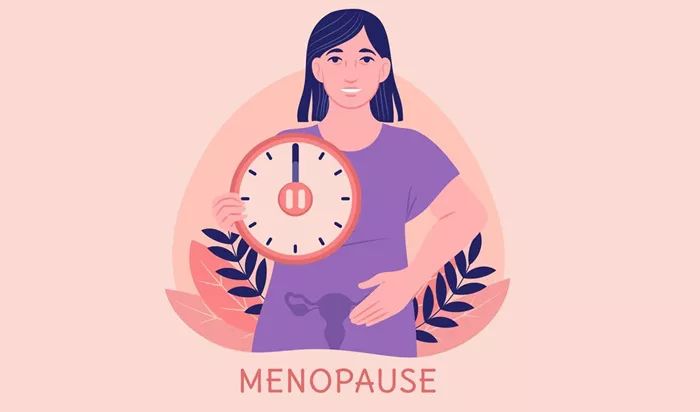New data from GoodRx shows that cost remains a major barrier for women seeking menopause treatment. Although most spend less than $50 a month, nearly 21% have delayed or avoided care because of financial concerns. Another 12% cut back on essential expenses to afford treatment.
The February 2025 survey of 1,500 women found that menopause symptoms significantly impact daily life. Hot flashes and night sweats affect 50%, sleep problems 42%, weight gain 41%, and mood changes 39%. Despite this, only 7.2% use menopausal hormone therapy (MHT), with many opting for supplements or other remedies.
Treatment costs vary: 76% spend under $50 monthly on prescriptions, but some pay over $100. OTC treatments and supplements also see varied spending. Many women report financial strain—41% find prescription costs burdensome, and 42% struggle with OTC or supplement expenses.
Limited insurance coverage worsens the issue. Only 26% have full coverage for menopause prescriptions, while 60% pay copays and 8% have no coverage. Some use discount cards, but 14% pay fully out-of-pocket without discounts.
These costs lead 10% of women to stop treatment, and 21% to delay care. Untreated menopause can increase risks for health problems like osteoporosis and heart disease.
The findings highlight the need for better insurance support and affordable treatment options for women in midlife.
Related topics:


